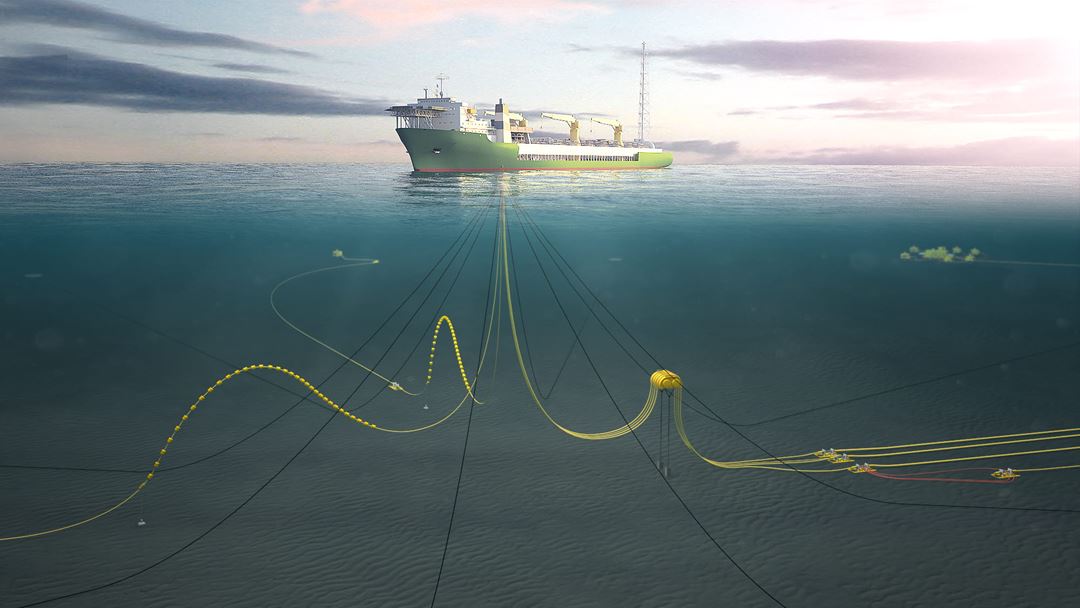With the increase in floater developments offshore Norway from 1993 to 2001, the number of flexible risers increased from about 50 to more than 250. In 2013 there were 326 flexible risers in service offshore Norway. The CODAM database administered by Petroleum Safety Authority Norway (PSA Norway) reported 85 flexible riser incidents from 1995 to October 2013 including 60 "Major Incidents" with loss of containment or significant probability of such loss, and incidents with high personnel risk. Most of the risers that have experienced a major incident as well as other risers with confirmed unacceptable risk have been replaced after risk assessments. More than 25% of the flexible risers offshore Norway has not met their design service life].
In order to improve reliability related to operation of flexible risers there is need for cooperation, improvements and systematic work. The starting point should be an industry consensus of what is the current status and secondly promote and obtain standardization. With this as the background the JIP - Safe and Cost Effective Operation of Flexible Pipes was established in 2011 as a combined effort between Marintek (SINTEF Ocan) / NTNU and 4Subsea AS. A key project delivery was a revised and extended version of the Handbook on Design and Operation of Flexible Pipes from 1992.
The activities for the JIP are in short listed as:
Repair methods for flexible pipes.
- Supporting tools for assessing the integrity of flexible pipe cross-section due to corrosion damage of tensile armour wires.
- Supporting tools for tensile armour buckling of flexible pipes.
- Life time assessment of flexible pipes.
- Reliability methods for integrity assessment of flexible pipes.
- Small scale fatigue testing of tensile armour wires from (sweet service) flexible risers taken out of service after many years in operation.
- Characterization of surfaces of corroded tensile armour wires from flexible risers taken out of service in relation to fatigue properties.
- Description and assessment of annulus environments for different segments of risers under relevant operational scenarios including corrosion issues.
- Update of Handbook on Design and Operation of Flexible Pipes based on the 1992- edition, the JIP project work and the JIP group experience.
The flexible risers from the Balmoral field were decommissioned after 23 years in service. Samples of used and stored tensile armour wires were made available for fatigue testing to the JIP through cooperation with the JIP "Riser End of Life" run by Flexlife. Along with additional material from a decommissioned riser after 11 years in service (riser named North Sea riser in this Handbook), fatigue properties of tensile armour wires subjected to annulus corrosion have been tested and specimen surfaces have been examined and characterized.
We are grateful to be able to use the 1992 edition as a basis for this Handbook. The 1992-edition was made through the 3-year research program Floating Production Systems (FPS2000), launched in 1989 by the Royal Norwegian Council for Scientific and Technical Research (NTNF) In order to meet the challenges related to floating production systems for oil and gas. One overall aim of the FPS2000 program was to qualify flexible risers and pipes for the Norwegian Continental Shelf. With the JIP Safe and Cost Effective Operation of Flexible Pipes (2014) this is extended to include experience from the operation of flexible pipes as well as updates on methods and technology since the early 1990-ties.
